SHARPENING CORPORATE CULTURE STRATEGY TO FORM TRANSNATIONAL COMPANY
This article is produced based on our consulting project in a Japanese manufacturing company.
Transnational company can be described as a company with specialized innovation benefiting from integrating global and local components, and empowering all elements of the company. A transnational strategy to form a transnational company allows for the benefit of benefits inherent in both global and local (multi domestic) components to build a new overall (transnational) corporate structures across several dimensions, in which each of the components is empowered to become a source of new competitive advantages and enhance further innovation.
Sharpening Corporate Culture Strategy to Form Transnational is a holistic strategy for transforming to become transnational company by formulating and accelerating new core values by integrating the Japanese values with Indonesian’s noble values whether already embedded or be formulated by Guiding Team in transformation process. Furthermore, a transnational strategy to form a transnational company allows for the attainment of benefits inherent in both global and local (multi domestic) components to build a new overall (transnational) corporate structure across several dimensions, in which each of the components is empowered to become a source of new competitive advantages and enhance further innovation.
Three building blocks are built as the project scope: transformation blueprint, strategic communication blueprint, visual guidance, and change agent development program. The strategy’s process and methodology generally use the Kotter’s Eight Step Process for Leading Change methodology as necessary, dynamic, simultaneous, continuously and iterative processes with illustrative stages as in the following chart.
Kotter’s Eight Step Process for Leading Change
Description on each step is a guidance for implementing teams to execute their transformational process. The eight-steps is prepared based on certain tools. In each step, BINUS CREATES senior consultants and experts describe the purpose, current situation, approach, outcome, key implementation changes, and measuring effectiveness. Information is collected through observation, focus group discussion, interview, and assessment during workshops.
Gaining Commitment for Change Agents from Dr. Ir. Harry Soetanto, MBA and Dianti Arudi, MBA from BINUS Business School
Leadership: the Essence of Values, Behaviours, and How to Communicate by Dr. Anita Maharani, S.E., M.M. and Synthia Atas Sari, S.I.P, M.Si. from BINUS Business School
One of the success factors in running this project is project ownership from the top leader and change agents as the actor of the transformational process. They have to engage and own the new culture developed. In order to achieve the objectives, BINUS CREATES senior consultants and experts combined the blueprint development with transformation activities proposal which then developed through several workshops like leadership in transformational process: values and behaviours, change management, design thinking for program ideation, strategic communication in transformation period, and visual guidance: how to deliver message, etc.
Japanese VS Indonesian Culture by Roberto Masami, S.S., M.Si. from Subject Content Coordinator of Japanese Culture, Literature, and Society in BINUS University
Communication Matters & How to Visualize It by Arif Prijono Susilo Ahmad, S.A., S.N., and Budi Sriherlambang, S.Sn., M in Imagineering from School of Design BINUS University
By the end of the project, blueprint is directly deployed by change agents through program initiatives in each function and shift they work. Employees are engaged with the new values which they contributed also in the development process. One milestone of the achievement is the CULTURE DAY; meaning the day when this company launched the new corporate values including the visual communication translating the values.
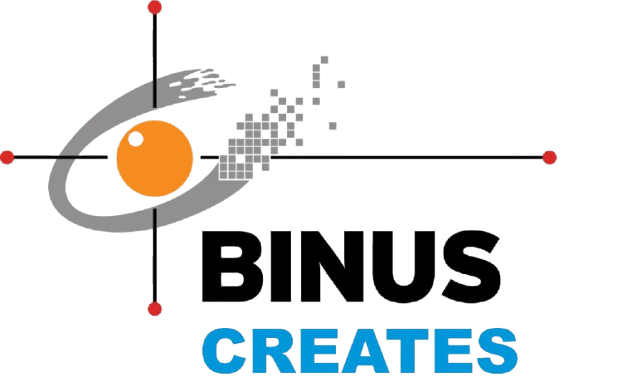
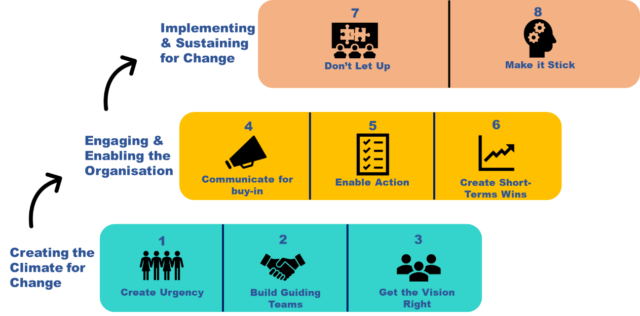
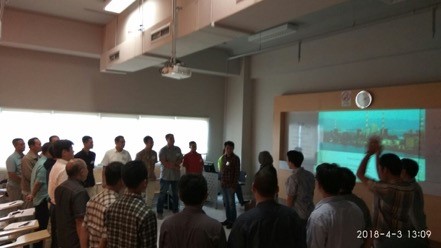
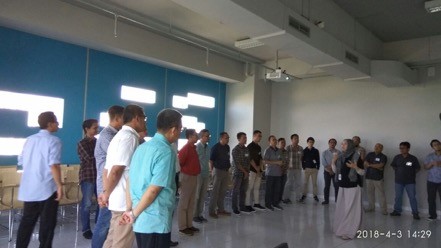
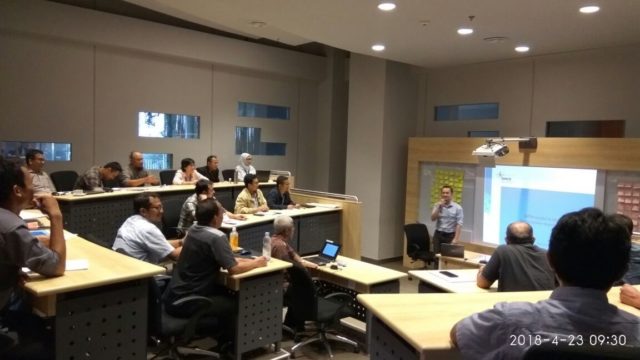
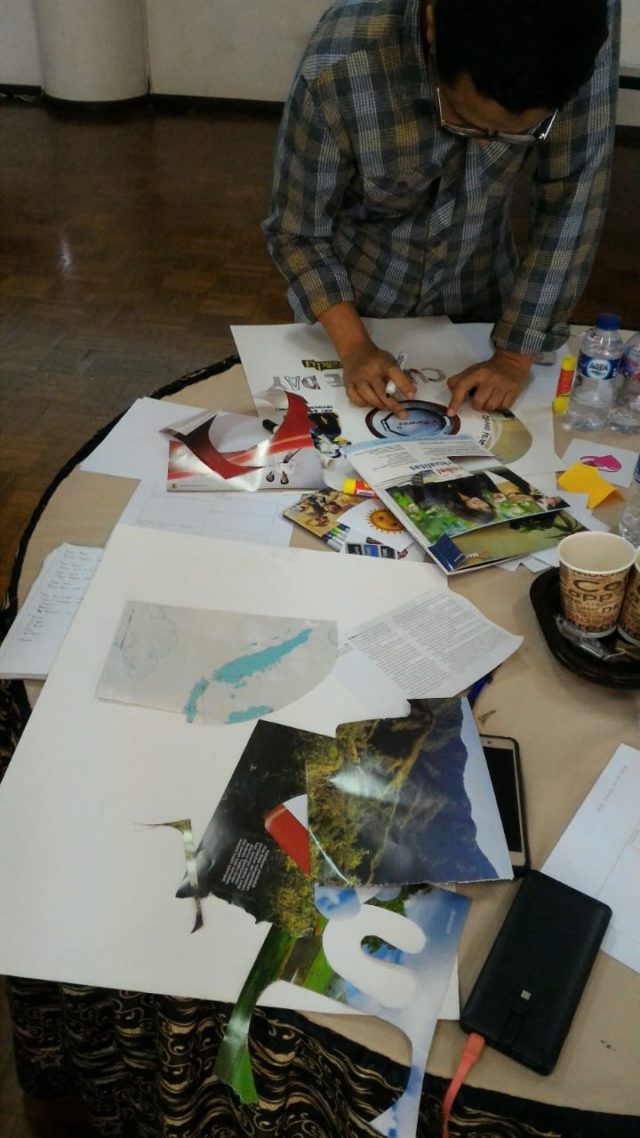

Comments :